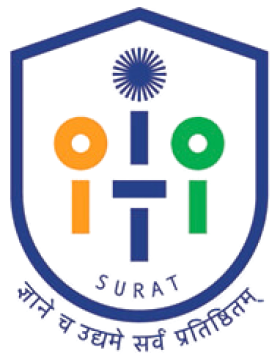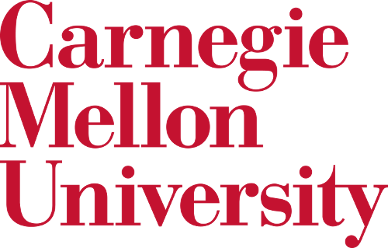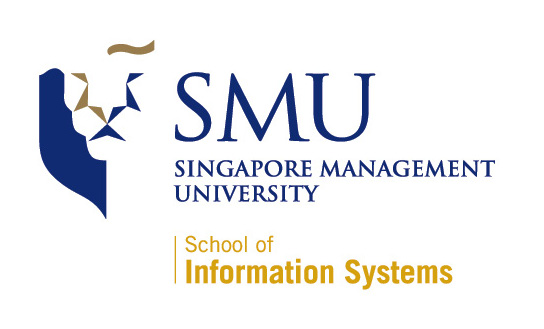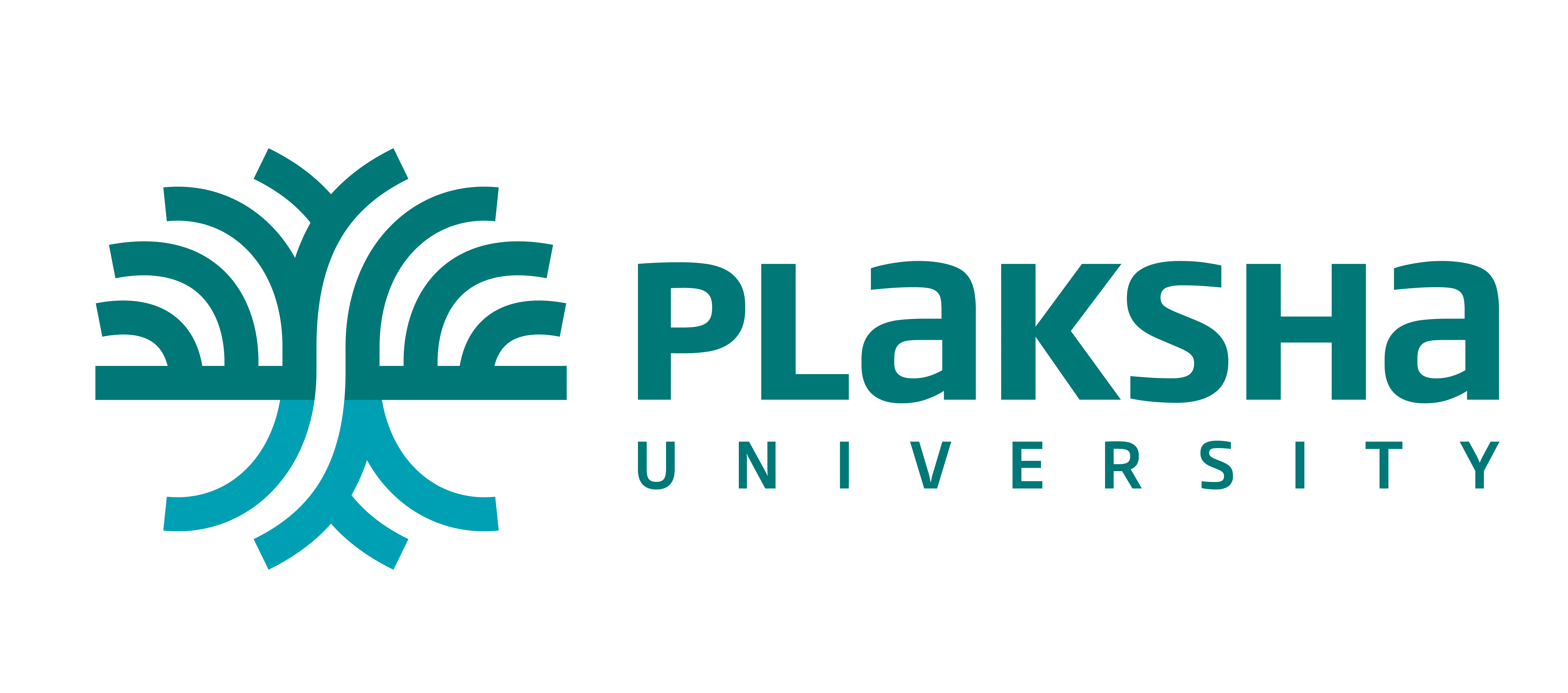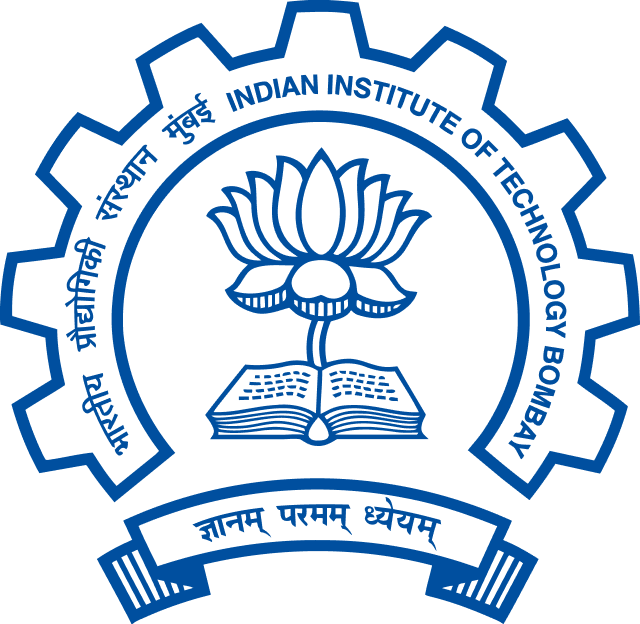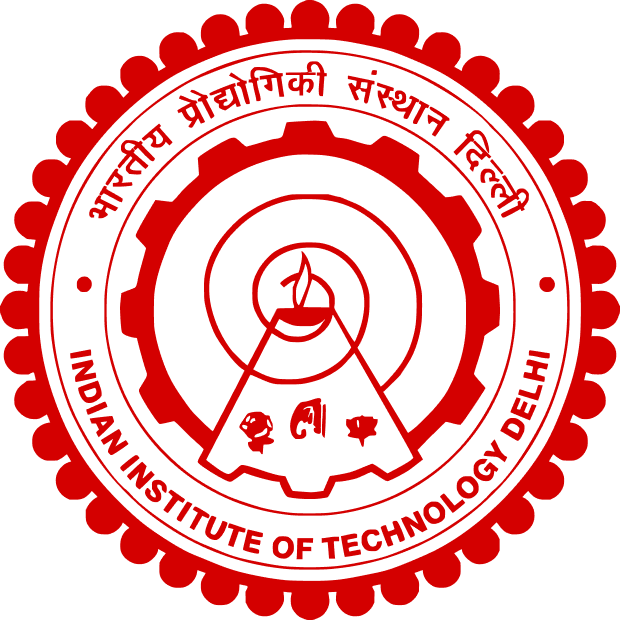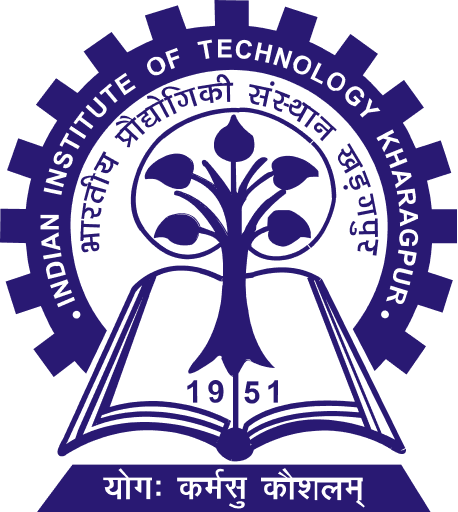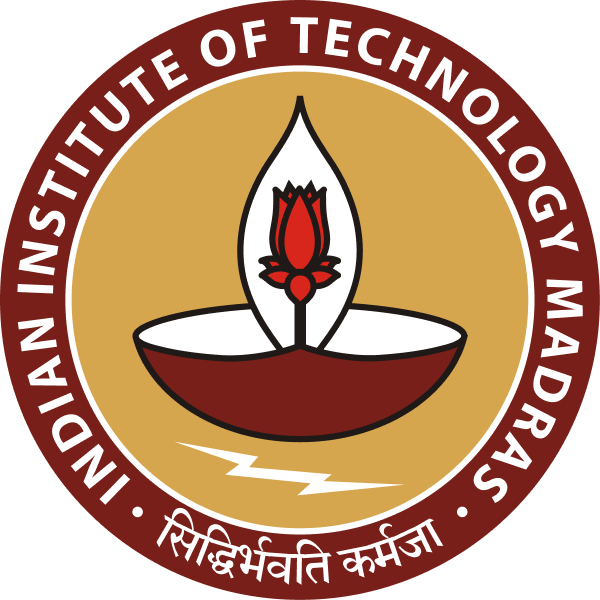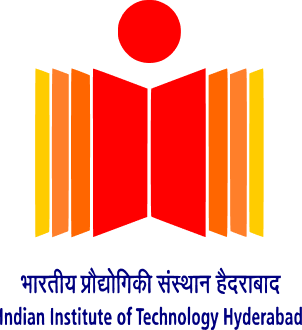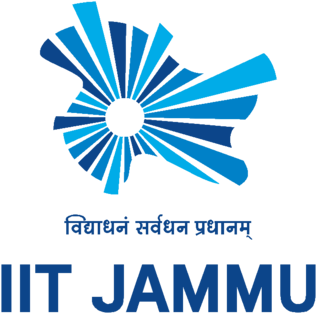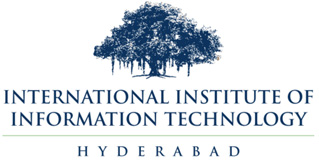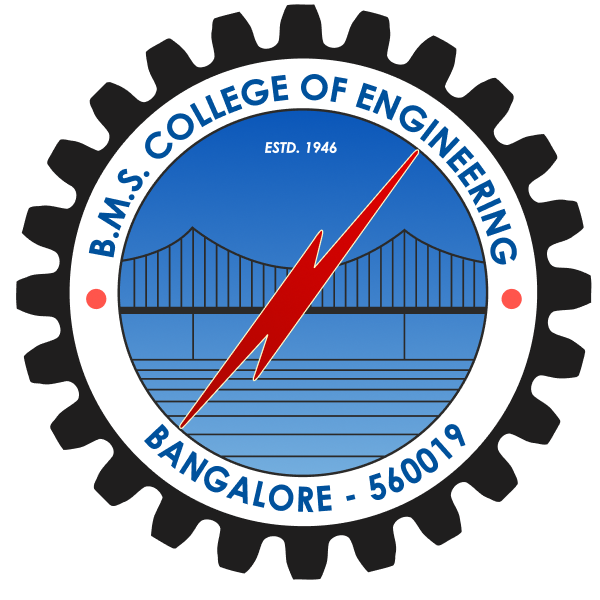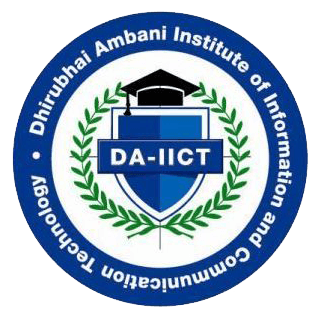Standards-driven Research
Workshop on Standards-driven Research
THEME: “Marching towards 6G”
Detailed Schedule
Panelists:
Srinivasan Selvaganapathy, Principal Standardization Lead, Nokia Bell Labs
Subhas Mondal, Senior Vice President - 5G products, HFCL Limited
Sai Prasad, Lead Engineer – R& D, Tejas Networks
Panelists:
Sankaran Balasubramaniam, Nokia
2. Navin Kumar, Amrita Vishwa Vidyapeetham
Suresh Kumar Karthikeyan, Susan Future Technologies
N. Kishor Narang, Narnix Technolabs
Anand Mohandas, C-DOT
Accepted Papers
-
Private and Public 5G Networks for XR Use Cases: A Proof of Concept implementations
-
Performance comparison of 802.11mc and 802.11az Wi-Fi Fine Time Measurement protocols
-
Nishpaksh: TEC Standard-Compliant Framework for Fairness Auditing and Certification of AI Models
-
BER-Conscious PAPR Mitigation Techniques for Downlink CP-OFDM System
-
ToothLess: A Bluetooth Multi-Hop Architecture for Ubiquitous Smartphone Internet Provisioning in Constrained Environments
-
Disaggregated and Federated Public WiFi Network Architecture
Context & Rationale
SDR Workshop is structured as an annual event for a multi-faceted global community (academics, industry, government) organized around Telecom standards (nominally oriented to 6G). The workshop brings together members of this diverse community to deliberate and collaborate across the FULL life cycle of Standardisation – from Pre-Standardisation activities to Standards Development and Post-Standardisation. The ability to innovate in, contribute to and adopt leading-edge globally relevant Technical Specifications or Industry standards for Telecom and networking is of paramount significance to the nation’s industrial capacity and ultimate societal well-being.
This implies that workshop topics be linked in some manner to current global (e.g. ITU, 3GPP, IEEE, ISO/IEC) Standards Development Organisation’s (SDOs) Technology Working Group’s (WG) deliberations or to future (6G) standards development roadmaps (e.g 3GPP Rel-19 and beyond). Further, contributions that summarize experiences and provide insights into strategic issues around the IP creation pipeline for various global/national SDO WGs are also welcome. Finally, the workshop particularly invites submissions that highlight aspects of telecom standardization relevant for India specific use cases and national research priorities, in view of Bharat 6G vision.
Summary:
The SDR workshop seeks to act as a forum for:
- interaction among academic-industry-government participants as a platform for ideas on standards development aligned with national priorities and
- for early consensus creation in preparation for contributions at Global SDOs, with the primary aim of:
- pro-active identification of futuristic research, development and prototyping needed for standards development for next generation telecom, networking and computing technologies
- identify pathways for 3-way (academic/national industry and government) collaboration on creation of pre- standards IP pipeline aligned with future technology and standards roadmaps,
- creating or supporting existing working groups (WG) to pro-actively, advise the government regarding technology policy (notably spectrum allocations) and strategies for R&D resource allocation to enhance the impact at Global SDOs, to align with National Priorities.
Call for Papers
Camera Ready Guidelines
Important Dates
| Paper Submission deadline: |
| Notification of Acceptance: |
| Camera-ready Submission: |
| Workshop Date: 10th January 2026 |
Call for Contributions
The Workshop invites submission of original work, not previously published or under review at another conference/journal. A primary criterion of evaluation will be to demonstrate awareness of ongoing/emerging issues at any of various standardization bodies pertinent to telecom standards. Besides purely technology-centric submissions, commentary, or position documents on any of emerging network architectures, telecom policy, market formation or technology-cum-business strategic aspects are particularly welcome.
Topics of interest include, but are not limited to:
- Pre-Standards Topics:
- Market design and regulatory aspects for telecom
- Spectrum allocation and re-allocation
- Role of industry-government-academic collaboration in IP creation
- Experiences - transition from R&D to standards IP
- Critique of IP creation/standardization process - Indian perspective
- Bharat 6G: India-specific use cases
- Emerging Technology Areas:
- Immersive communication
- Massive communication
- Hyper-reliable and low-latency communication
- Ubiquitous connectivity
- AI and communication
- Integrated sensing and communication
- Sustainability
- Connecting the unconnected
- Security and resilience
- Ubiquitous intelligence
- Trustworthy use of Emerging Technologies
- Post-Standardisation Topics:
- Network performance evaluation
- New capabilities - interoperability, composability, positioning, coverage
- Open radio access networking
- Open source for 5G and 6G
- Results/experiences from deploying testbeds or field trials
How is a Contribution different from a paper?
- A contribution can be results from early-stage research study that is linked to existing standards with the potential as a future contribution to a Standards Development Working or Study Group (3GPP, IEEE, IETF etc)
- A contribution can be vision papers, technical commentary and market research intended as potential contribution to a future-looking roadmap item identified by an SDO (e.g. ITU)
- A contribution can be studies compiling data and resulting insights into network operations from a testbed or from the field
- A contribution can be an opinion piece or position paper based on a mix of technology, market and business strategic considerations.
Submission Guidelines
- Submissions (including title, author list, abstract, all figures, tables, and references) should not exceed 6 pages in length including all references. A minimum number of 4 pages are required. The Abstract, Introduction & References should clearly indicate the relevant standards or feature(s) analyzed and include URLs to appropriate standards reports/documents or relevant industry sources.
- Reviews will be single-blind: authors name and affiliation should be included in the submission.
- Submissions must follow the formatting guidelines as given on COMSNETS Website; those that do not meet the size and formatting requirements will not be reviewed
- All papers must be in Adobe Portable Document Format (PDF) and submitted on edas using the submission link.
All workshop papers (full papers - both regular and invited) will appear in conference proceedings and be submitted to IEEE Xplore as well as other Abstracting and Indexing (A&I) databases
For any queries, please contact the workshop chairs at comsnets.workshop@gmail.com
Submission Link: https://edas.info/N34102
Program Committee
- Avinash Agarwal (Department of Telecommunications, India)
- Sandeep Agarwal (CDOT, India)
- Praveen Kumar Donta (Stockholm University, Sweden)
- Sourav Dutta (IIT Mandi, India)
- Arzad Kherani (IIT Bhilai, India)
- Rashmi Kamran (Free Stream Technologies, India)
- Pamela Kumar (TSDSI, India)
- Ashish Singh Patel (NIT Mizoram, India)
- Roberto Morabito (Eurecom, France)
- Soumava Mukherjee (IIT Jodhpur, India)
- Vishnu Ram (Independent Research Consultant, India)
- T R Ramya (Center of Excellence in Wireless Technology, India)
- Ashwin Rao (University of Helsinki, Finland)
Workshop Co-Chairs
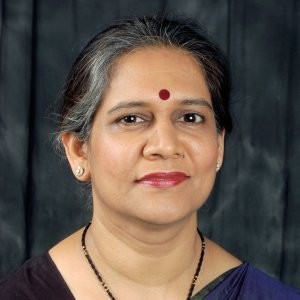
Pamela Kumar
Telecom STDs Development Society of India
India
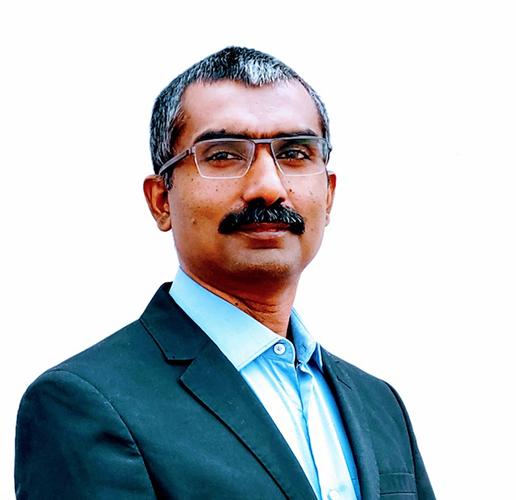
Vishnu Ram
Independent Research Consultant
India

Ashwin Rao
University of Helsinki
Finland
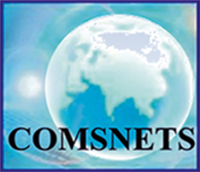



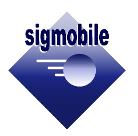
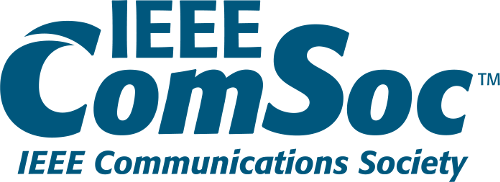

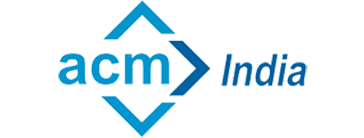










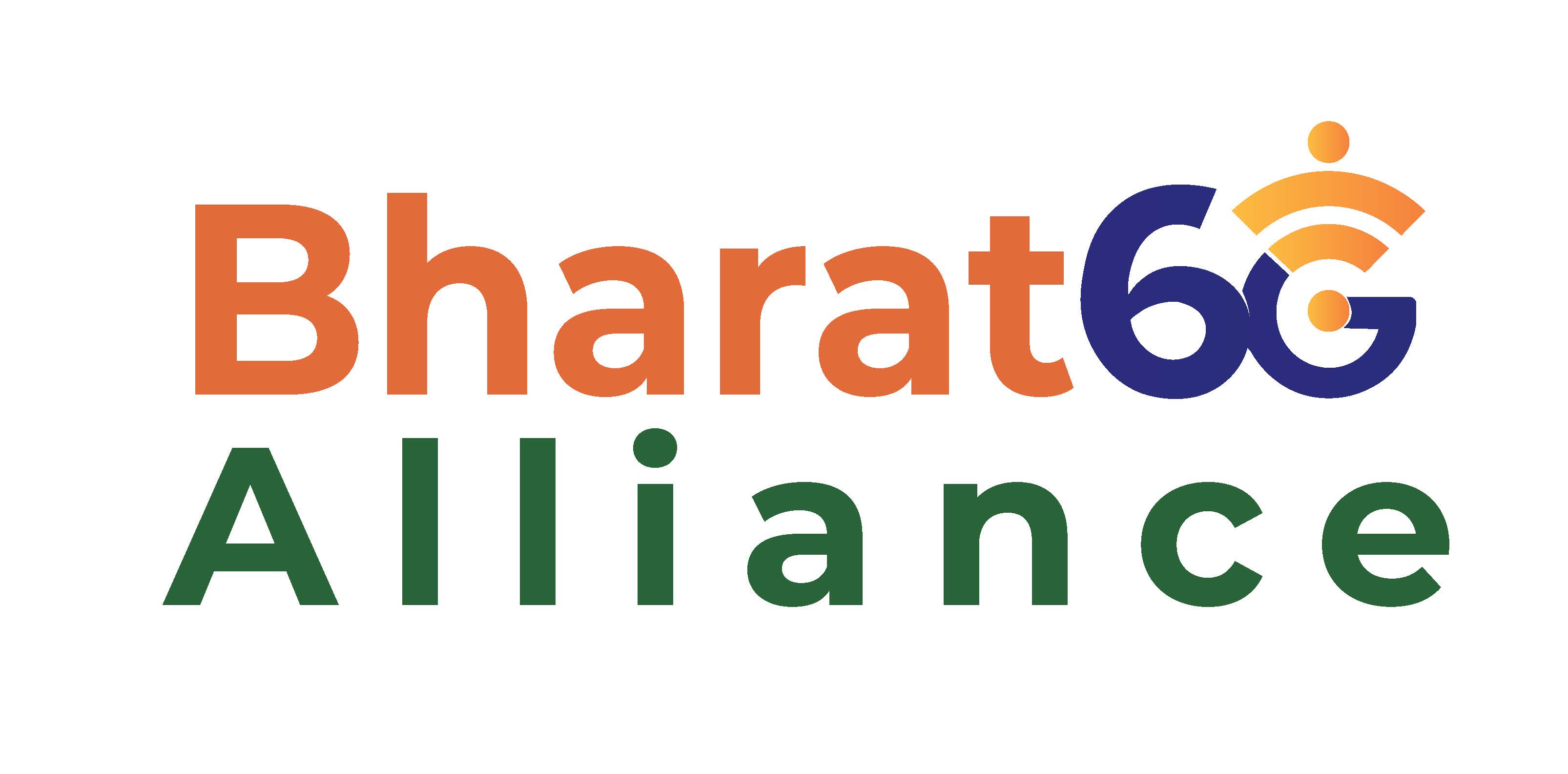
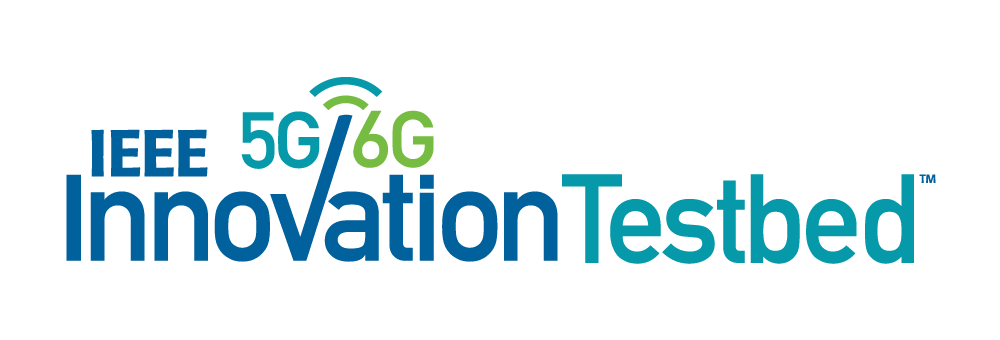
.png)
